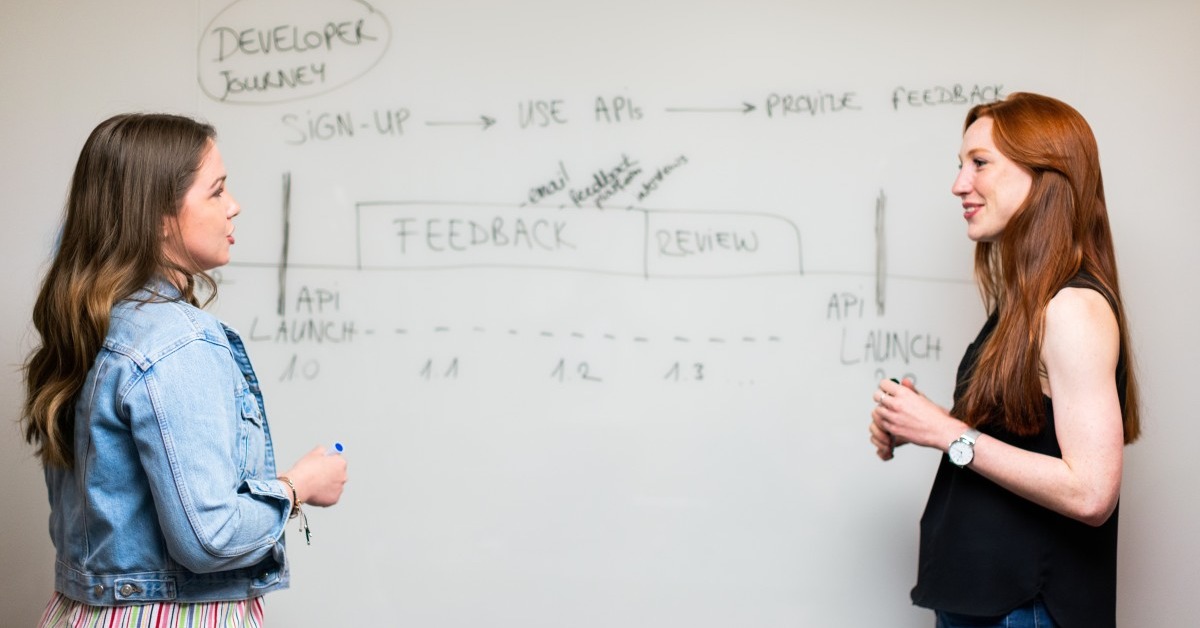
Where Do Epidemiologists Work?
Epidemiologists work in many settings, including hospitals, universities, and federal, [...]

No matter how many years of experience you have under your proverbial belt, the interview process can be nerve-wracking. Meeting a potential employer for the first time can feel intimidating and stressful, especially when you really want the job.
But interviews are much more about finding the right fit—for both parties. That’s why it’s helpful to prepare by thinking about a social work interview more as an exchange of questions and answers than as a gotcha event. Prepare for a conversation, not a grilling.
That said, your interviewer is looking for competency and experience. While you should go into the meeting comfortable and relaxed, your attitude should result at least in part from the knowledge that you’ve prepared yourself thoroughly and are feeling confident and focused.
It may be helpful to think of your interview preparation much like preparing to meet a client– it’s an opportunity to help the client “tell their story.” Constructing your approach to an interview with an understanding of what the interviewer is interested in finding out about you helps you organize your thoughts and develop your own list of questions about the job.
Applying your professional interviewing skills will help calm your nerves and help you perform better and make a solid first impression. We’ve broken how to prepare for a social work interview down into four steps:
The fact that you have an interview means there is mutual interest, but you’ll want to really take a deep dive into researching both the job and the organization’s mission as a whole.
Here are a few questions you’ll need to answer for yourself:
Researching these questions will help inform your interview preparation and allow you to adopt an appropriate tone during your interview.
Get a feel for the website of the organization and the language it uses. Does it refer to clients or patients in their material? Is there other terminology that reflects its ethos and methodology? Using the jargon or language of the organization communicates your understanding and connection to its practices and mission. Has it been in the news? Is it on social media? What struck you about its articles or posts?
Read the job description carefully. What is the employer looking for and how does it frame the ideal applicant? Will the job carry a heavy caseload or require home visits? How does the job description match up with your skills and expectations of the job? This is when you can begin to create a list of questions to ask your interviewer. That’s important; coming prepared with your own questions demonstrates your interest in the job and your engagement and connection with the organization’s mission.
Take time during your research to find out what type of interview it will be. Will it take place on the phone, in person, or over Zoom? Is it one-on-one or a panel interview with the Board? Knowing the interview format will help you visualize your exchanges and prepare for the day.
| University and Program Name | Learn More |
|
Virginia Commonwealth University:
Online Master of Social Work
|
Arrive early is great advice for any professional meeting or event. Being ready a few minutes before your scheduled interview gives you time to settle your nerves, review your material, and check your look. If you are interviewing in-person, those few minutes allow you to take a deep breath while also demonstrating that you respect other peoples’ time and schedules. If you are meeting via teleconference, it gives you the ability to troubleshoot technical issues and get your mic and camera working.
Advice on how to dress? That’s always been a tough one. Clothes are an important form of expression for people, but you’ll want to express yourself with a clean and professional look for your job interview. Avoid distracting clothes that may take the focus away from you, your ideas, and your interest in the job and that may demonstrate unclear personal or professional boundaries. Remember that your language, posture, and eye contact all signal information about you to your potential employer and that the field of social work is very much driven by ethics, values, and critical thinking.
As you proceed with your job search, make sure you remain familiar with your own resume and skill set. Review and revise your resume for each interview and emphasize the skills you know are relevant to the job. Be sure to provide a targeted and specific cover letter for each interview. It helps as both an introduction and an important summary of your interest in the position.
Select and notify references early on in the process. Make sure you’ve notified mentors, professors, and previous employers that they may get a phone call. Fill them in on the job you are going for so that they can be prepared on your behalf.
There are a number of common interview questions you can prepare for ahead of time. Once you get through the basics like where you got your MSW and why you are interested in the job, you’ll probably be asked questions like:
Be sure to keep answers positive and relevant to the job you are interviewing for and remember that the interviewer is looking for evidence that you have the skills and dedication to succeed at the position.
It’s a good idea to prepare comprehensive answers to some tougher questions that get to the heart of your professional development and training. This type of behavioral interview gets at how you have put theory into action instead of just asking more generalized hypothetical questions. An interviewer may ask about difficult situations like how you have dealt with an aggressive client in a mental health crisis, test your theoretical knowledge by asking how to identify signs of abuse, or seek your thoughts on managing a crisis intervention. This questioning may be structured as “Give me an example of a time when you worked with family members to support a client dealing with substance abuse challenges” or “Describe a situation when you collaborated with a co-worker on a treatment plan.”
If you arrive prepared with specific examples of these kinds of defining moments in your career, you’ll be able to adapt them to other themes of conflict, problem solving, leadership, or team building and cooperation. You’ll also be able to use them to highlight your skills and training. Remember to keep your answers positive, focused, evidence-based, and relevant to the job.
Finally, don’t forget to prepare and ask your own questions about the position. You can ask about a typical day, opportunities for professional development, or how your employer would describe the organizational culture. All these questions help demonstrate the research you’ve done to prepare for the interview and can help the interviewer gauge your interest and professional knowledge.
You can sharpen your interviewing skills with preparation and practice. Start by writing down your goals and ideas and what you feel you are good at. Writing your thoughts down gives them weight and value and allows you to revisit themes and examples you think are important to emphasize and articulate to your potential employer. The more you feel you can articulate your strengths, the more confident you will feel going into the interview, all of which will help to reduce stress and allow you to perform better.
Avoid cliches when describing yourself and practice turning deficits around in order to recognize your own transferable skills. If you are asked about a population you don’t have a lot of experience with, relate it to a population you have had experience with and emphasize the similarities and opportunity it offers.
Once you’ve written down the successes and challenges of your work, ask a coworker or a friend to play the role of the interviewer and practice some interview questions with you. Use this time to work on some of the expected material, but make sure to work on the hard stuff too. Be prepared to answer questions you might rather avoid—topics like moving jobs and transfers, a gap in your skill set, lack of work experience, or any perceived weakness. These topics may come up, and you’ll be glad you gave them your attention and a little extra practice.
Remember that the interview itself isn’t the end of the process. Make sure to follow up with the interviewer with a thank you note and even some follow up questions on items you may want to explore.
(Last Updated on February 26, 2024).
Questions or feedback? Email editor@noodle.com

Epidemiologists work in many settings, including hospitals, universities, and federal, [...]

Getting an MAT or an MEd in Elementary Ed can [...]

Not everyone in a hospital wears scrubs. Some, like hospital [...]

Becoming a pharmacist requires a good deal of schooling: a [...]

Adding a second graduate degree to your JD can position [...]
Categorized as: Social Work, Social Work & Counseling & Psychology